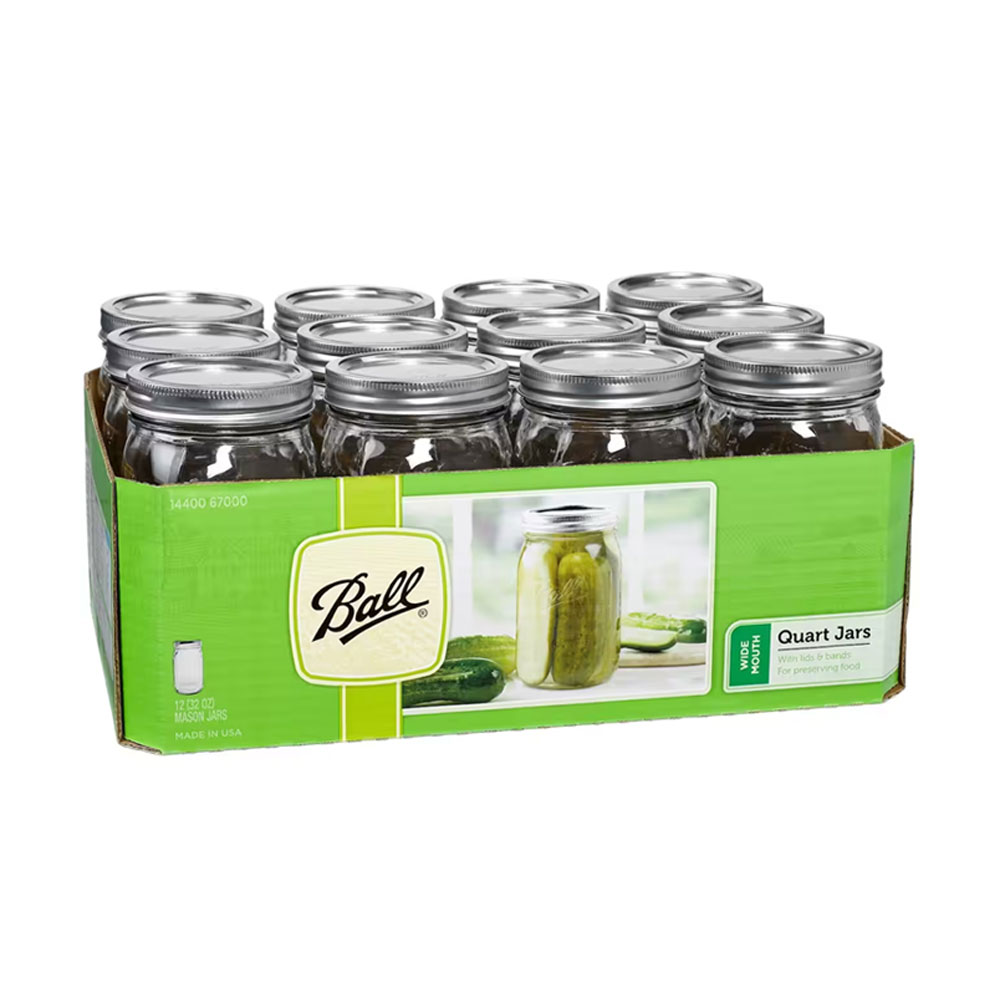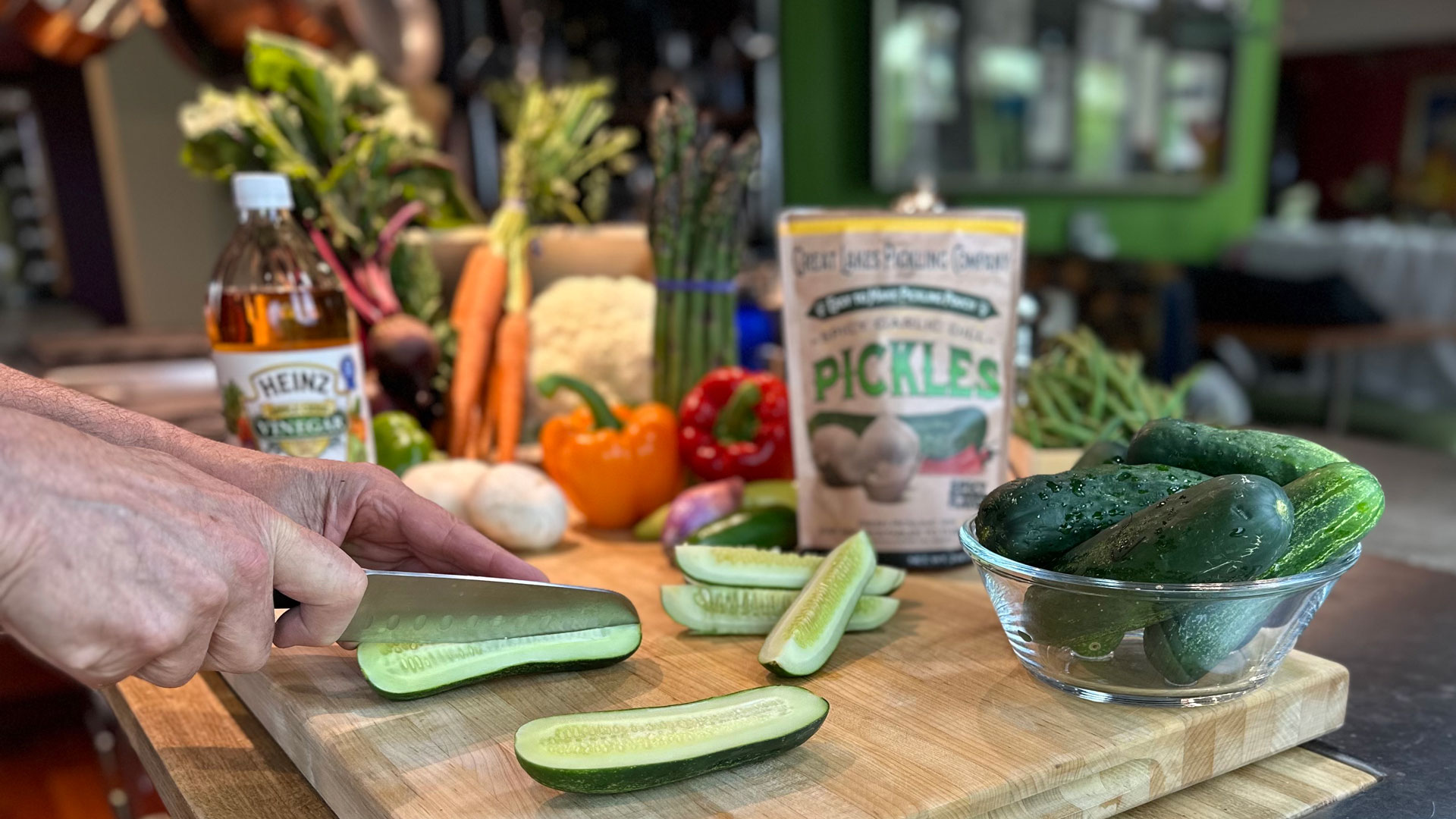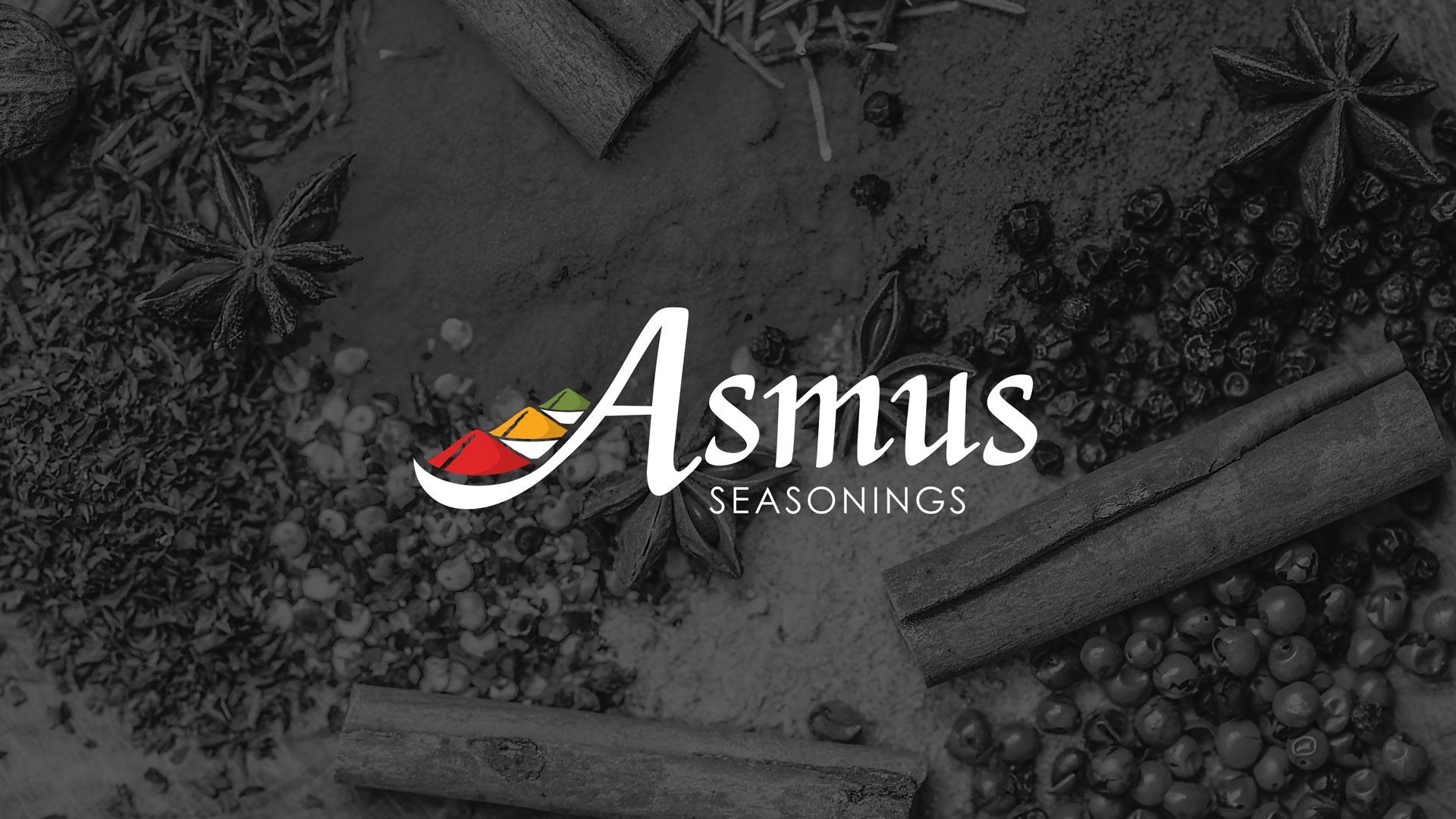I have a lot of vinegars in my pantry, does it matter which one I use to make my pickles?
Vinegar is an essential ingredient in making cold processed pickles. The acetic acid of the vinegar you add is responsible for the fermentation of the sugars in the cucumber which in turn produces its own lactic acid.
Both acids combine to preserve the pickles.
Bacteria is the bad guy in this scenario and bacteria don’t grow in highly acidic environments. Specifically, an acidic liquid with a pH of 4.5 or less.
pH is the scale (from 1 to 14) which indicates whether something is acidic or basic. For example, lemon juice is acidic while baking soda is basic. We use this pH scale to determine whether or not we have a sufficient amount of acidity to preserve our pickles.
Acids are in the range of 1 thru 6, pure water is neutral at 7, and things that are basic range from 8 to 14 on the pH scale.
When it comes to pickling, you want your initial liquid to be acidic (but not too acidic) because over a short period of time, the pickles themselves will contribute more acidity to the liquid as they ferment.
The major brands of white (or distilled vinegar) and cider vinegar are usually 5% concentrations which is approximately a pH of 2.4. (Don’t worry, the % is listed right on the bottle).
When you then add the prescribed amount of water, you end up with a pH just above 4.5, and then the lactic acid produced by your own pickles takes over and lowers the overall liquid to a pH below 4.5, thus safely preserving your pickles.
However, if you use vinegar with a vinegar concentration of less than 5% you would need to add more vinegar to the water.
All kinds of vinegar can be used for pickling, including red wine vinegar, sherry vinegar, champagne vinegar, and rice wine vinegar, as long as the % of acidity of each vinegar is 5% or greater which would means that its pH is 2.4 or less.




